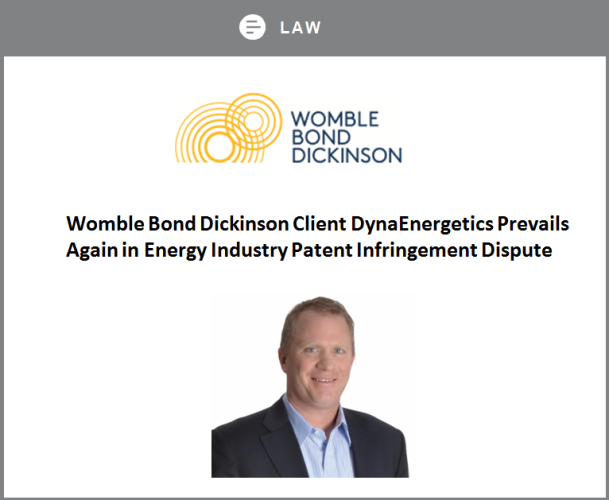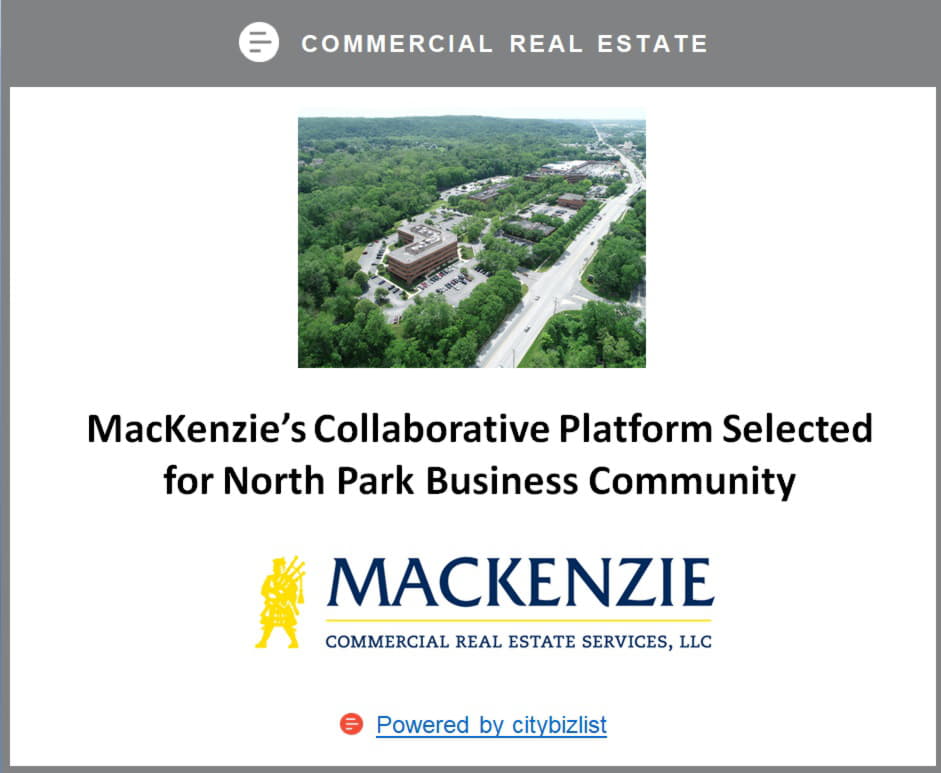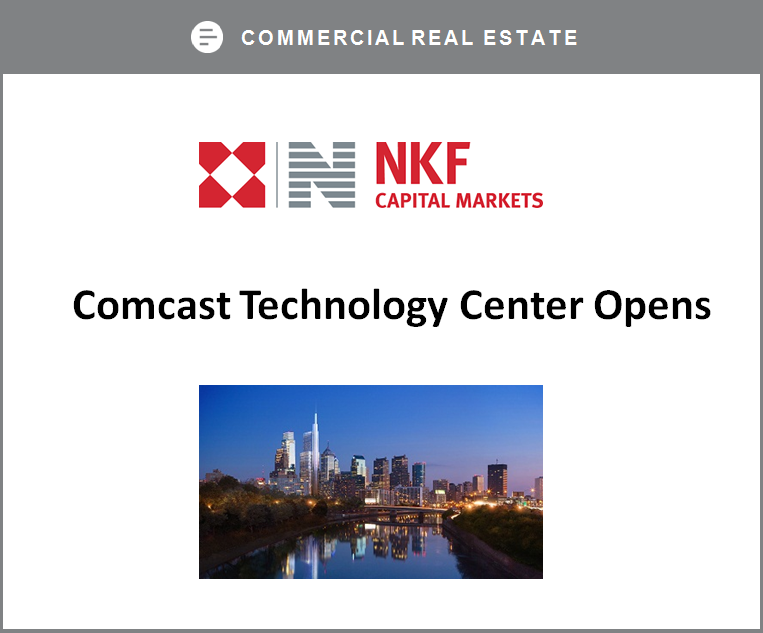
Newt Fowler
Far from a resolution I have some control over, my New Year’s Wish is that Opportunity Zones actually work as intended and don’t end up as a tax haven for the rich. I have my doubts. Opportunity Zones (OZ) were created by the recent federal tax law to spur private investment in distressed communities nationwide. Investors can roll over otherwise taxable gains from existing investments by investing in OZ development projects and, depending on how long they hold a qualifying OZ investment, avoid taxes on future appreciation. The law’s premise is that investors will fund projects they might not otherwise fund and distressed communities will get much needed capital they otherwise don’t have access to. Sounds win-win, doesn’t it?
The tax benefit is designed to incentivize investors to fund projects that otherwise might not get funded, given their potential risks. Logic has it that investors will accept the risk of below market investment returns given the favorable tax treatment. Basically, an investor would still be ahead after accounting for the tax savings… I’m not sure I buy the rationale for such investments unless communities work hard to fund the right projects. If communities don’t carefully manage where the money goes, it’s a sop for the rich and a flop for the poor.
Adding pressure, the law rewards the earliest deployed capital with the greatest tax advantage. So the rush of money into qualifying OZ funds has been dizzying, accompanied by little sense of the actual projects to be funded. Therein lies the rub: lots of money looking for “shovel ready” deals in communities with varying degrees of preparedness, and with a bias for less risk than communities realize.
Every state has identified Opportunity Zones where funds can be deployed.As an example, Maryland has 149, with Baltimore garnering 42. The Baltimore Development Corporation landed Ben Seigel to lead the city’s efforts, and they’re clearly doing what they can to get ready for this development push. Other jurisdictions similarly are gearing up. Capital clearly understands their playbook designed around ensuring investment returns, communities are scrambling to figure out theirs and level the playing field this law has sowed.
Here’s why I have my doubts. I fear that capital, left to its own devices, will head toward the least risky investments within Opportunity Zones. By least risky I mean they’re either close to market-based projects (ones that might have been funded anyway but perhaps at a higher cost), or they’re gentrifying in effect, designed for hipsters or Millennials or otherwise enabling a different demographic to expand into a distressed community. The risk inherent with these easiest projects is they may not benefit existing residents.
Given the demand to invest quickly, it will be those projects already in the works that get first look. With projects that take time to develop, you can literally watch the tax benefits erode as the money goes elsewhere. Ironically, it’s the hardest projects that may yield the greatest impact on the residents of these zones. I fear these projects are the least likely to come out of the ground through this law. I hope communities and their economic development leadership can navigate through the Scylla and Charybdis presented by ready money and safe projects. It’s tempting to see all of the community as better off from such projects, when the reality may be quite different.
In Baltimore, the pressure is on to fund projects around Port Covington and the edge of Harbor East, among other gentrifying areas. While such projects certainly have merit, the real win for communities like Baltimore would be to see Opportunity Zone development truly benefit existing residents, not displace them. It’s the hard projects that should get community support and incentives if we’re to realize the double bottom line promised by this law. Investors should win. They should benefit from a real risk taken. Communities should win, advancing their residents’ lives and dreams. I hope my doubts are misplaced and that community leaders are up to the challenge in this new land of OZ, but smart money usually wins.
With more than 30 years’ experience in law and business, Newt Fowler, a partner in Womble Bond Dickinson’s business practice, advises many investors, entrepreneurs and technology companies, guiding them through all aspects of business planning, financing transactions, technology commercialization and M&A. He’s the pastboard chair of TEDCO. Newt can be reached at newt.fowler@wbd-us.com.









